Spare a thought for us political commentators. We stare into the void between now and a (presumed) decisive Labour victory in a (presumed) autumn general election, haunted by the need to say something significant on a weekly basis at least. Yet there seems so little left to say.
Readers don’t need to be told that the Tories are in an unholy mess, or that nobody likes them
Until recently we could perhaps speculate that the election might be next month but it’s surely too late now even for that surprise.
Already a subscriber? Log in
Subscribe for just $2 a week
Try a month of The Spectator Australia absolutely free and without commitment. Not only that but – if you choose to continue – you’ll pay just $2 a week for your first year.
- Unlimited access to spectator.com.au and app
- The weekly edition on the Spectator Australia app
- Spectator podcasts and newsletters
- Full access to spectator.co.uk
Unlock this article
You might disagree with half of it, but you’ll enjoy reading all of it. Try your first month for free, then just $2 a week for the remainder of your first year.


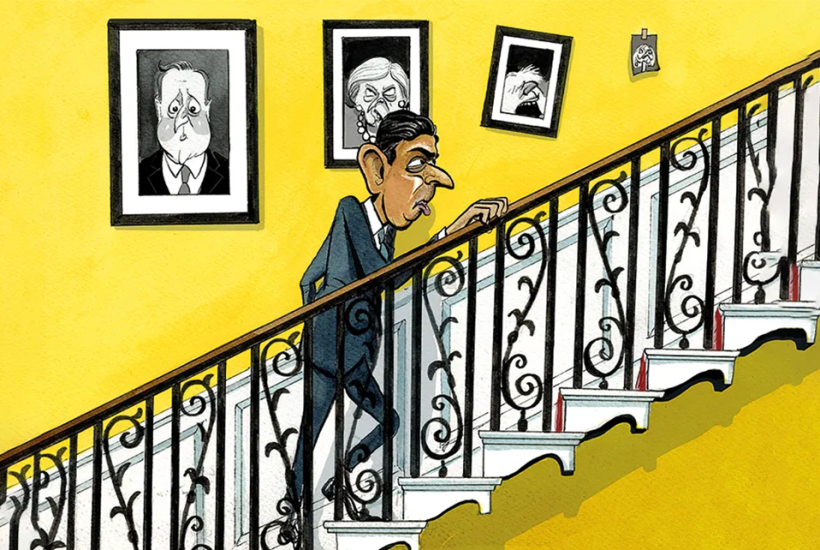

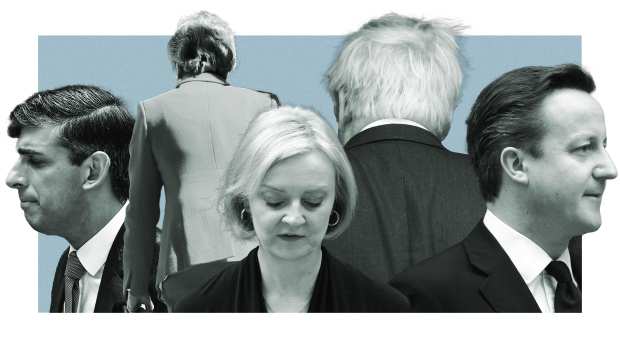
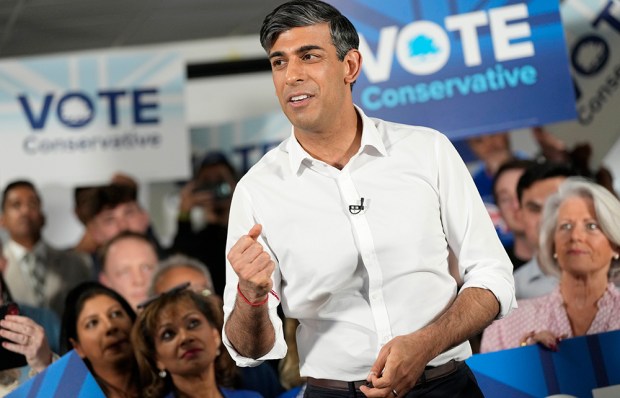
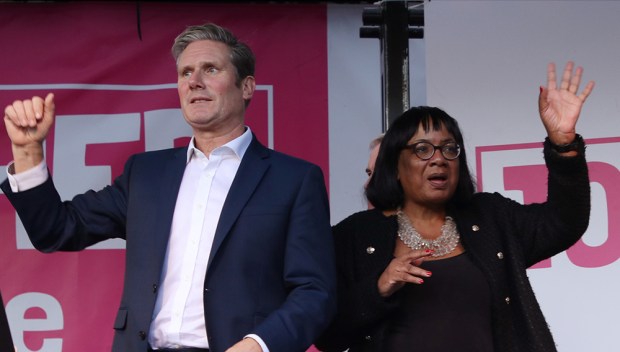

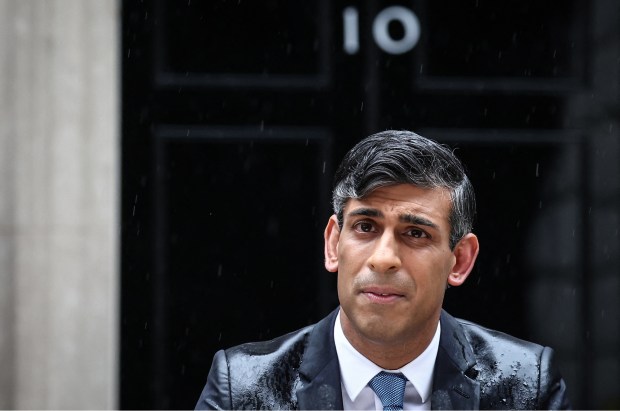






Comments
Don't miss out
Join the conversation with other Spectator Australia readers. Subscribe to leave a comment.
SUBSCRIBEAlready a subscriber? Log in